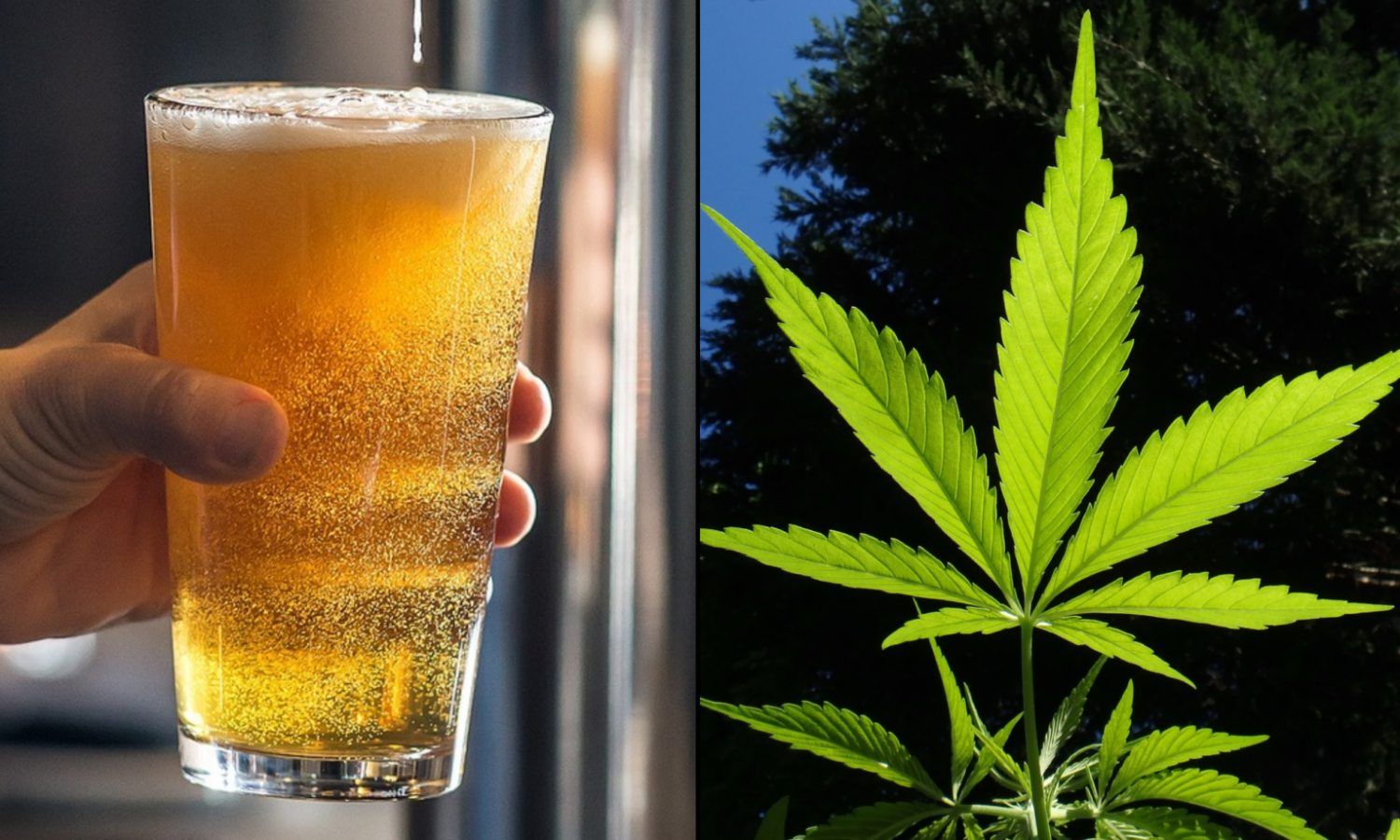If Florida voters approve a marijuana legalization initiative at the ballot, that could actually “improve quality of life” for residents—in contrast with the governor’s recent comments to the contrary—the CEO of a multi-state cannabis operator that has financially supported the campaign says.
“The sky has not fallen” with Florida’s implementation of medical cannabis legalization under an earlier initiative, “and folks see that choice is a good thing,” Trulieve CEO Kim Rivers said during an interview on The Dales Report’s “Trade To Black” podcast on Monday.
“When you compare marijuana to alcohol…the data is very, very clear that cannabis, by all metrics—whether you’re talking about DUIs, whether you’re talking about hospital visits, whether you’re talking about deaths, when you’re talking about long-term side effects—is significantly safer and should be an alternative that is offered to Floridians,” she said in response to a question submitted by Marijuana Moment. “I would actually say that I think we can improve quality of life.”
Will Floridians ultimately pass the measure with at least 60 percent of the vote as is required for constitutional amendments in the state? Rivers says, “Hell yeah.”
The comments about quality-of-life implications of cannabis legalization follow Florida Gov. Ron DeSantis’s (R) prediction that voters will reject the marijuana initiative this November. He called the proposal “radical” and argued that it will “reduce the quality of life” in the state.
The marijuana legalization measure was only officially cleared for the ballot last week after the Florida Supreme Court rejected the state attorney general’s constitutional challenge seeking to invalidate it.
Rivers, who’s multi-state cannabis operator company Trulieve donated $40 million to the Smart & Safe Florida campaign to secure over one million signatures for ballot placement, reiterated that she disagrees with DeSantis’s position on the measure because voters stand to benefit from “having an alternative [to alcohol] that is absolutely, scientifically, evidence-backed” healthier.
DeSantis, for his part, said last week that enactment of the reform would mean “this state will start to smell like marijuana in our cities and towns,” which seems to be a particular concern for the governor, who has previously complained about the smell of cannabis in other jurisdictions.
“It will reduce the quality of life,” he said, adding that Florida already has a medical cannabis program that his administration implemented following voter approval of the reform in 2016.
“Do we really need to do more with that?” he asked. “Do we want to have more marijuana in our communities? I don’t think it’ll work out well, but it is a very, very broad amendment.”
Rivers said that “DeSantis has been consistent for a long time around his comments around the smell and around, you know, not necessarily being excited about having marijuana everywhere. I think there’s some additional education that needs to happen there, which we’ve been working on.”
“The amendment specifically allows for the legislature to come in and to regulate what’s called ‘time place and manner,’ and to prohibit—just like they do with alcohol use, just like they do with cigarette use—consumption in certain places,” she said.
She also said that, in addition to questions about issues such as possession limits and tax rates for marijuana policy, the legislature is positioned to decide on another key policy consideration if voters pass legalization at the ballot: a possible home cultivation option for adults that is not comprised in the ballot initiative itself.
“I sure hope so,” Rivers said about the prospect of allowing home cultivation down the line, in response to another Marijuana Moment-submitted question, adding that advocates were careful not to include that allowance in the base measure because of a constitutional single-subject rule for the ballot.
If legalization is approved then, “as a secondary step, you would come in and say, ‘OK, home grow now is allowable,’” she said. “That can be done just like anything, right? The legislative process or through amendment.”
As drafted, the measure if approved would change the state Constitution to allow existing medical cannabis companies in the state like Trulieve to begin selling marijuana to all adults over 21. It contains a provision that would allow—but not require—lawmakers to take steps toward the approval of additional businesses. Home cultivation by consumers would not be allowed under the proposal as drafted.
Adults 21 and older would be able to purchase and possess up to three ounces of cannabis, only five grams of which could be marijuana concentrate products. The three-page measure also omits equity provisions favored by advocates such as expungements or other relief for people with prior cannabis convictions.
Separately, economic analysts from the Florida legislature and the the governor’s office estimate that the marijuana legalization initiative would generate between $195.6 million and $431.3 million in new sales tax revenue annually if voters enact it. And those figures could increase considerably if lawmakers opted to impose an additional excise tax on cannabis transactions that’s similar to the ones in place in other legalized states.
Here’s what the Smart & Safe Florida marijuana legalization initiative would accomplish:
- Adults 21 and older could purchase and possess up to three ounces of cannabis for personal use. The cap for marijuana concentrates would be five grams.
- Medical cannabis dispensaries could “acquire, cultivate, process, manufacture, sell, and distribute marijuana products and marijuana accessories to adults for personal use.”
- The legislature would be authorized—but not required—to approve additional entities that are not currently licensed cannabis dispensaries.
- The initiative specifies that nothing in the proposal prevents the legislature from “enacting laws that are consistent with this amendment.”
- The amendment further clarifies that nothing about the proposal “changes federal law,” which seems to be an effort to avoid past legal challenges about misleading ballot language.
- There are no provisions for home cultivation, expungement of prior records or social equity.
- The measure would take effect six months following approval by voters. (Full Story)

